Starting a journey into the world of programming can feel overwhelming. Unfamiliar terms, countless languages, and self-doubt are common roadblocks. But here’s the truth: anyone willing to put in the time and effort can learn to code. In this article, we’ll go over fundamental tips to help beginners take their first confident steps into programming.
Choosing Your First Programming Language
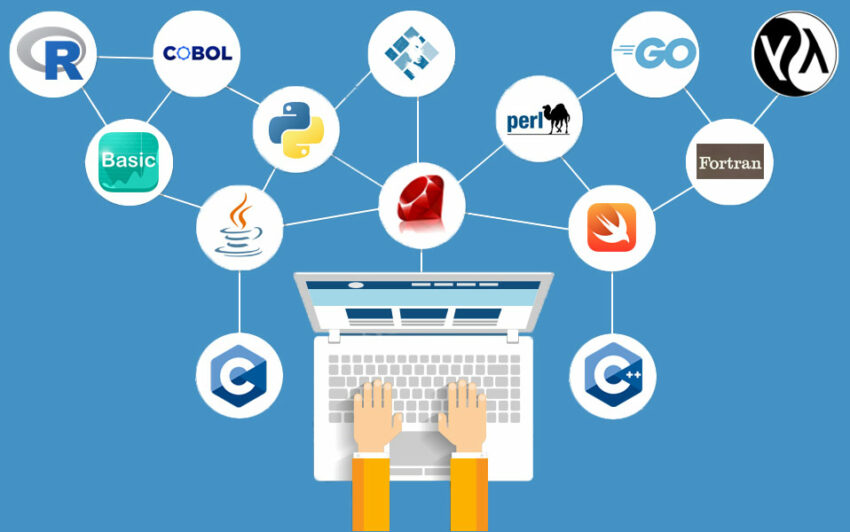
One of the first decisions you’ll need to make is selecting a programming language to learn. With dozens of options out there, it’s best to start with a beginner-friendly language that has strong community support. Popular choices include Python, JavaScript, and Java.
- Python
Python is a high-level programming language known for its readability and simple syntax, making it ideal for beginners. It’s widely used in web development, data analysis, artificial intelligence, and scientific computing. - JavaScript
JavaScript powers interactive websites and web applications. It’s essential for front-end development but can also be used on the back end with platforms like Node.js. - Java
Java is a versatile, general-purpose language often used for mobile apps, enterprise software, and backend systems. It’s known for its portability and strong typing system.
Practice Is Key
Reading about code is helpful, but real learning happens when you write it. Practice regularly by solving coding challenges and building small tasks. Platforms like LeetCode, HackerRank, and Codewars offer exercises for all skill levels and help you sharpen problem-solving skills.
Build Your Own Projects
Working on personal projects is one of the best ways to learn. Start with something simple, like a to-do list app or a basic calculator. As you gain confidence, move on to more complex ideas. These projects will also help you build a portfolio, which is valuable when applying for jobs.
Learn Libraries and Frameworks
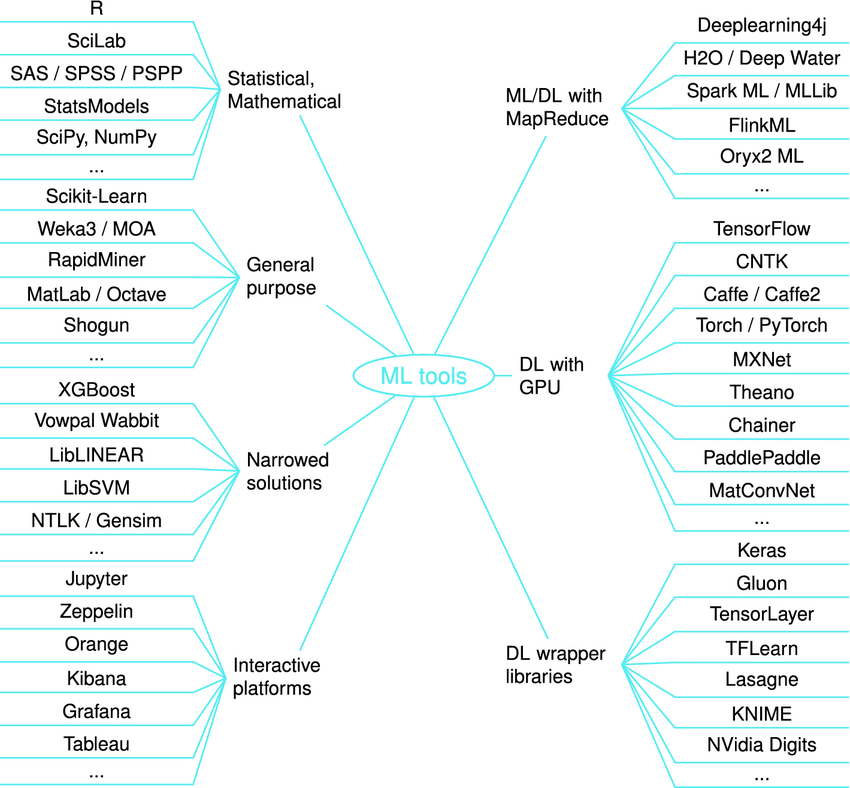
Every programming language has tools that speed up development. Learning popular libraries and frameworks will make your code more efficient and scalable. For example:
- React for JavaScript
- Django for Python
- Spring for Java
Understanding how to use these tools will give you a practical edge in real-world development.
Understand Algorithms and Data Structures

To become a better developer, you’ll need more than just syntax. Learning basic algorithms (like sorting and searching) and data structures (like arrays, stacks, and queues) will help you write efficient and optimized code — a crucial skill in both interviews and real-world tasks.
Dive Into Computer Science Fundamentals
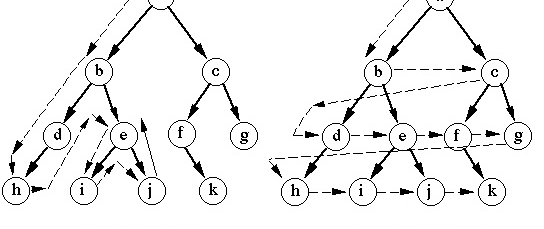
You don’t need a degree in computer science, but understanding the basics—like how operating systems work, how networks communicate, and how databases store information—can make you a more well-rounded developer. These foundations will deepen your understanding of what’s happening behind the scenes in your programs.
Join the Developer Community
You don’t have to go it alone. Engaging with other learners and experienced developers can accelerate your growth. Platforms like Stack Overflow, Reddit, and Discord or Facebook groups are great places to ask questions, find answers, and stay motivated. Learning in a community keeps you connected and inspired.
Final Thoughts
Learning programming is a journey that requires patience, curiosity, and consistency. Follow these basic tips, keep practicing, explore new tools, and stay involved with the developer community. With the right mindset, you’ll not only learn to code—you’ll become part of a global field that’s shaping the future.




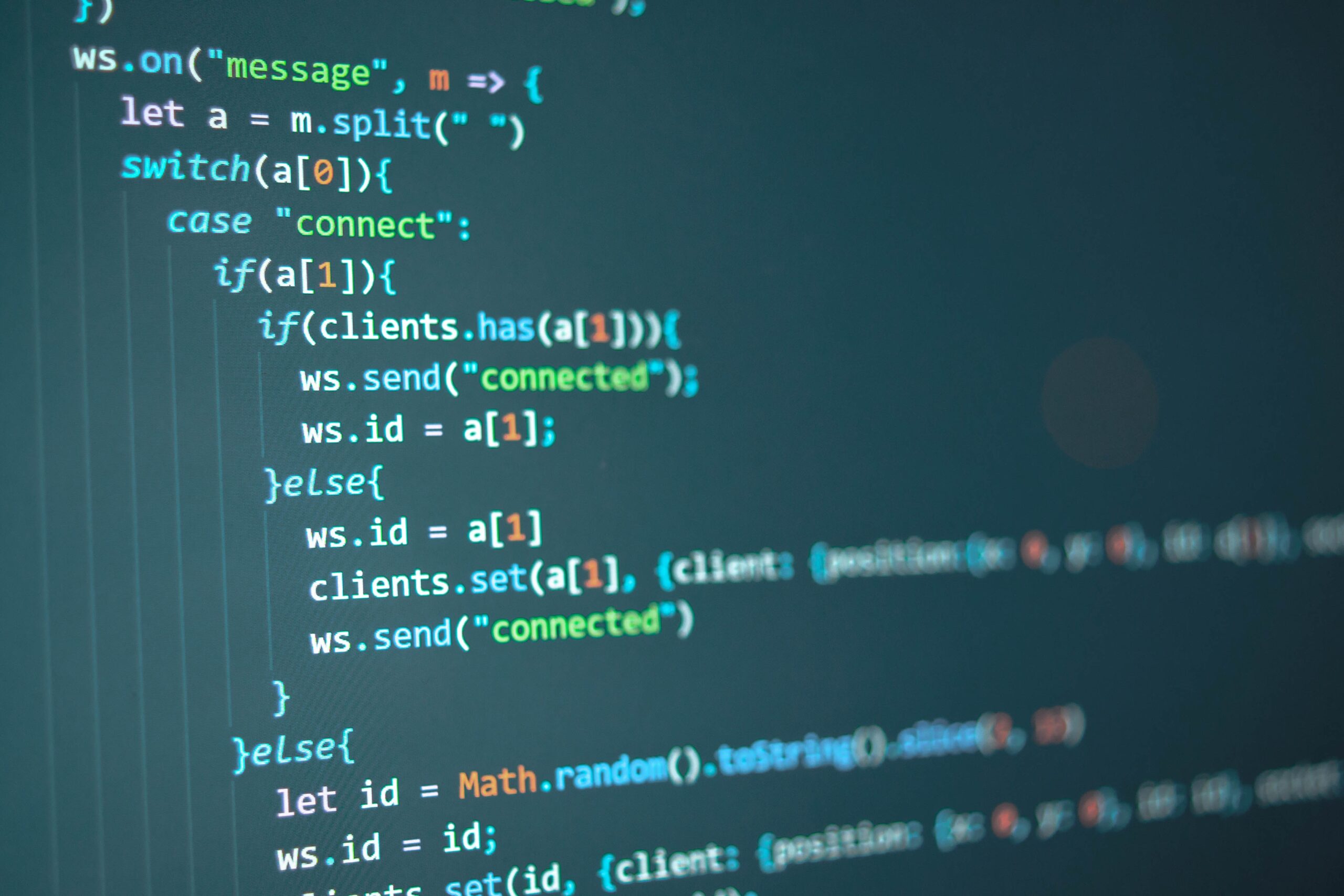
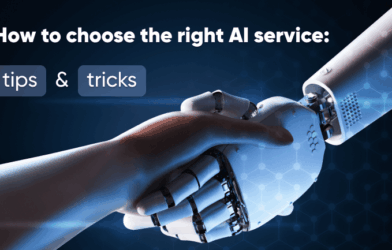


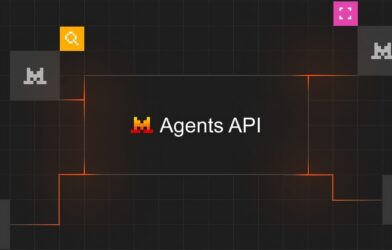

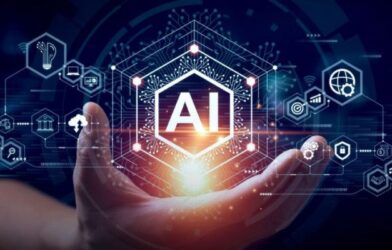
Comments are closed